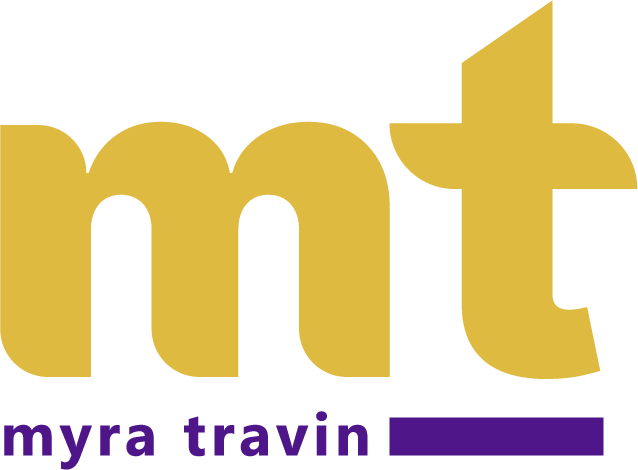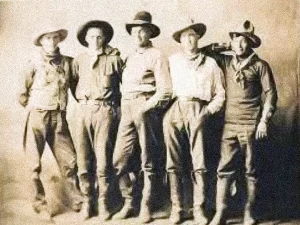Mashable has reported that more than 400 people in wigs and mustaches, breaking a Guinness record for most look-alike physicists in one location, invaded the streets of Toronto in a version of an “Einstein-In.” They are part of an online contest to create a new, innovative idea that will improve the world.
It may be time to rethink innovation.
You see it hyped everywhere. On toothpaste and cereal boxes and cleaning products: “new and improved.” It has become the type of concept we don’t even question. New has to be better, right? Doesn’t new always equal better?
Not in the case of the Zune, the Windows phone, or New Coke or Crystal Pepsi or Google Glass or hundreds of other examples. Sometimes a new idea — the coolest thing you can think of — is something that’s new just to you. The essayist Santayana famously said, “Those who do not remember the past are condemned to repeat it.” In other words, if your review of the possible is not firmly rooted in the context of what has come before, you may think that a new idea is an innovative one.
Innovation is an idea whose time has come, no matter how risky or crazy it may look to others. Just ask the new second-richest man in the world today.
When something is innovative it is creative, original, inspired, or inventive. But what’s interesting about the way most tech companies go about finding innovative ideas is they seem to always attach to them the appellation of “new.”
Hire the youngest people with the most current industry knowledge? Check. That should do it. But people in that situation are often experiential novices, and although they may bring enthusiasm and a good degree of current practice, they may not fully understand how it exists in cultural history in the same way an expert would. When it’s not your first rodeo, you know how to avoid the biggest bulls in the ring.
I know experience can sometimes not seem valuable in our current recruiting environment, but people who successfully bring new ideas into current systems and practice are often those who have both experience and a passion for new ideas.
Let’s see how novice and expert can work together to create a truly innovative environment. Remember: Einstein was born in 1879, but did not receive the Nobel Prize for his Theory of Relativity until 1921. The aforementioned second-richest man in the world began his little online bookstore at age 30.
Oh, and if you are game: It’s 10k for the best world-changing idea at nextEinstein.org. Grab your wig and mustache, and come on down.
Let’s all go together





